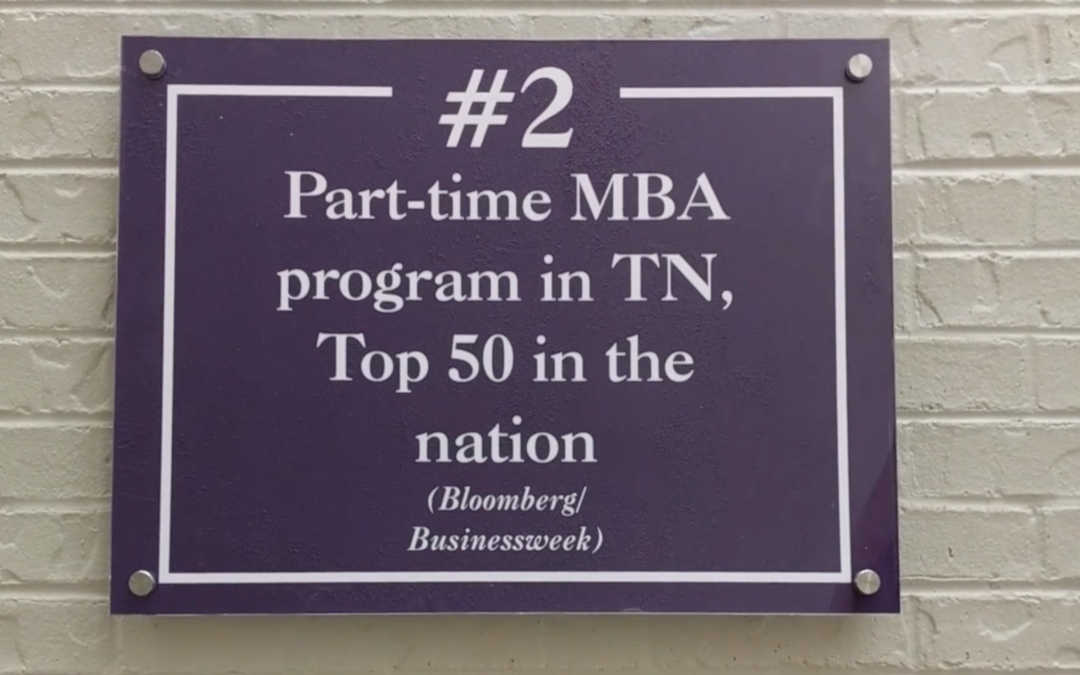Following a situation in which a significant contingent of students in Lipscomb’s Fast Track MBA program cheated on an online, take-home final exam by working together, professors outside of the College of Business called for grace to be administered to the offenders.
It is not yet clear what disciplinary action will be enforced against the two-thirds of students in the class who were found to have collaborated on the test. The students are meeting individually with Dr. Joe Ivey, the professor of the class.
Dr. Paul Prill, dean of the Honors College, suggested that the instructions given on the test are key to determining the appropriate discipline.
“I think that a lot will have to do with how the assignment was set up and whether or not the students understood what they were doing was actually cheating, as opposed to their understanding of collaboration,” Dr. Paul Prill said. “The understanding of cheating versus collaboration plays a role in how the students should be punished.”
Dr. Walter Surdacki, an associate professor of Bible and the chair of the Academic Integrity Board, said he views the integrity policy as “tremendously redemptive.”
“So there are a number of instances in which a student is cited for academic dishonesty,” Surdacki said. “There are the obvious ones like cheating and plagiarism, but there also some of the less obvious ones like collaborating with people when you’re not allowed to collaborate.”
According to Section A of Faculty Member’s Information, unauthorized collaboration is defined as “working with others without the specific permission of the instructor on assignments.”
Consequences for the first offense are up to the professor of the course. If students so desire, they can appeal the professor’s decision to the Academic Integrity Council. If a second offense is committed, it is automatically referred to the Council.
“So that’s why we encourage professors to always submit something,” Surdacki said. “Because, strike one, we hope it’s just a lesson students can learn.”
The committee is made up of two students and two faculty members.
“I just think that the student being allowed to have an appeal as well as being heard by a peer is part of the redemptive process,” Surdacki said.
Ultimately, the situation has shed light on Lipscomb’s integration of faith to its disciplinary process.
Ted Parks, associate professor of foreign language, said due to Lipscomb’s status as a Christian university, “We always need to come down on the side of mercy when it comes to disciplinary actions.”
“We live in a country where many people pride themselves on our retributive form of justice, a form of justice that is rooted in punishment,” Parks said. “I feel called as a Christian educator to look at discipline not as punishment but as another form of instruction, remembering that I myself often make mistakes.”

